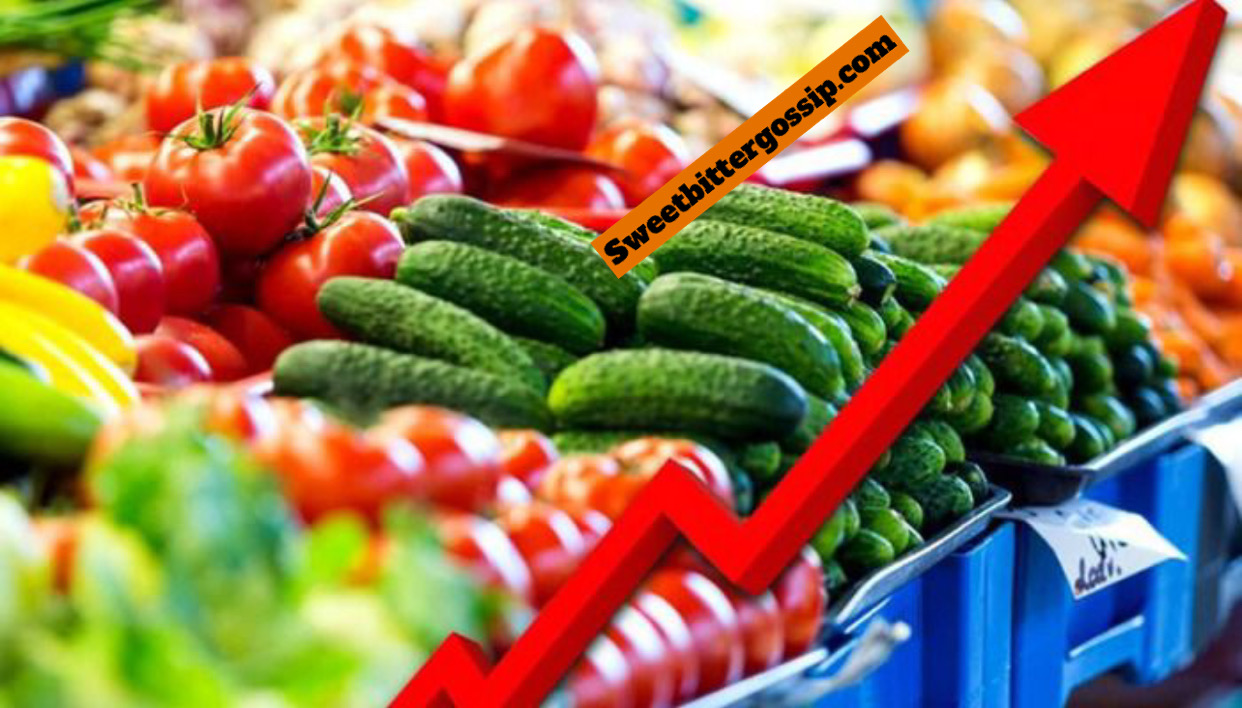Nigeria’s inflation rate reached 34.60% in November 2024, marking a 0.72% increase from October’s 33.88%. This rise follows a year-on-year increase of 6.40 percentage points from the 28.20% recorded in November 2023, reflecting continued economic pressure on consumers. Despite the ongoing rise, many Nigerians are optimistic that inflation will begin to decelerate in the next six months, as indicated by the Inflation Expectations Survey Report released by the Central Bank of Nigeria.
The National Bureau of Statistics (NBS) Consumer Price Index report highlights the significant role of rising food prices in driving inflation. In November 2024, food inflation surged to 39.93%, up from 32.84% the previous year. Staple items such as yam, rice, maize, and palm oil have seen substantial price increases, which continue to strain households. Other products like guinea corn, millet, and meat have also experienced notable price hikes. Month-on-month food inflation rose by 2.98% in November, slightly higher than October’s 2.94%. The 12-month average for food inflation stands at 38.67%, marking a significant rise from 27.09% in the previous year.
Core inflation, which excludes food and energy prices, also continues to climb. In November 2024, core inflation reached 28.75%, up from 22.38% in the same period the previous year. This increase reflects higher costs in sectors like transportation, housing, and personal services, with taxi fares, bus fares, rents, and personal grooming services seeing substantial increases. Despite a slight decrease in month-on-month core inflation (1.83% in November compared to 2.14% in October), the annualized rate continues to rise, signaling broader economic pressures.
Inflation rates have varied significantly across regions. Bauchi, Kebbi, and Anambra recorded the highest year-on-year inflation rates at 46.21%, 42.41%, and 40.48%, respectively, while Delta, Benue, and Katsina saw the lowest rates. Food inflation has also varied regionally, with Sokoto, Yobe, and Edo recording the highest year-on-year food inflation at 51.30%, 49.69%, and 47.77%, respectively.
Urban areas saw higher inflation than rural areas, with urban inflation at 37.10% compared to 32.27% in rural areas. Looking ahead, analysts expect a slight decrease in inflation in December, though it is anticipated to remain well above the Central Bank of Nigeria’s target of 21.4%.

